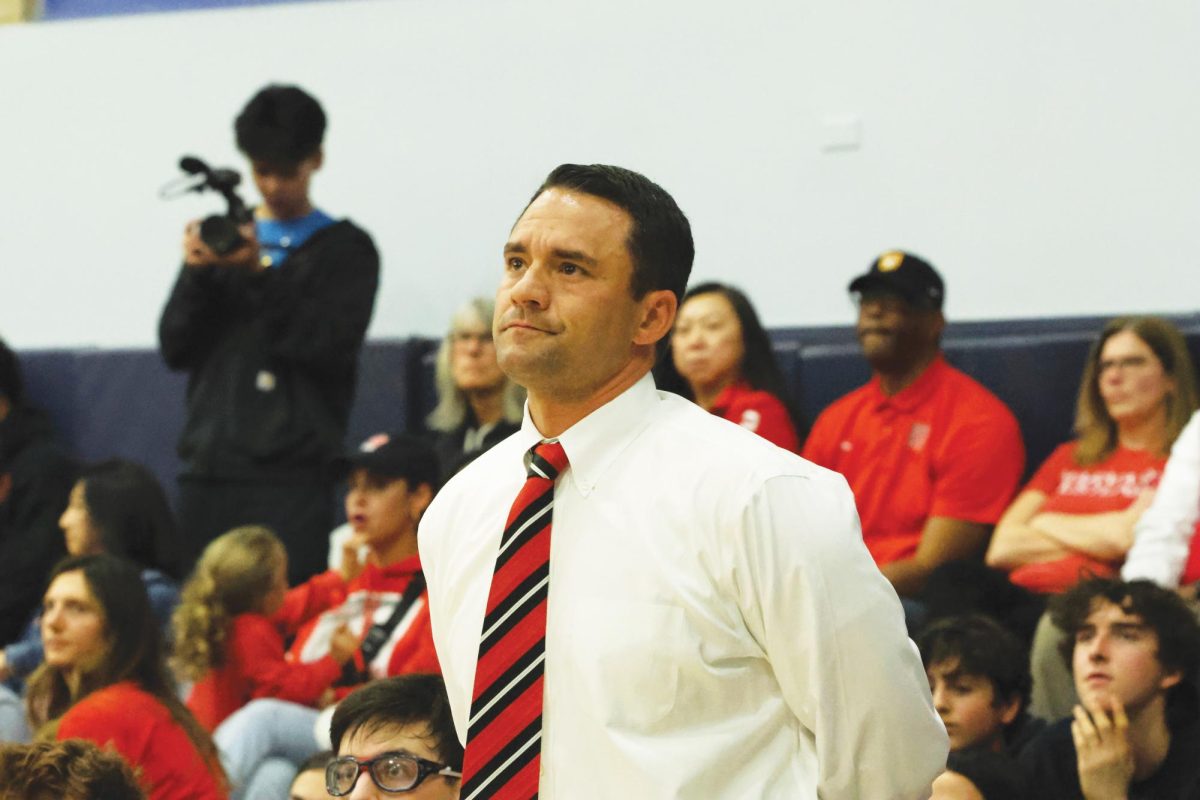By Lauren Choi and Sammy Roth
Â
Chemistry teacher Krista McClain is an ambitious runner. She runs five days a week on average, and every day is a different workout. When she is in good shape she runs three to six miles during the week and eight to 12 miles on weekends.
“I only run outdoors. I hate treadmills,” McClain said.
Running outdoors gives her time to be alone in her head, she said.
She got into running through her father, who has run over 15 marathons and received many cross country and track scholarships that helped pay for his college tuition.
The two ran and participated in races together. It was a great opportunity for bonding, especially since McClain is the oldest of five children. Running was also a good way for her to cross-train for soccer, which she called her “first love,” and cheerleading.
So far, she has trained for the Orlando and Chicago marathons, but didnât get the opportunity to run them. She plans on running one in the near future, but in the meantime she has run many half- marathons and a few triathlons in the Midwest.
Math teacher Bill Thill is a more recent convert to the sport. He ran the Los Angeles Marathon after he joined a running group called the AIDS marathon training program, which fundraises for AIDS Project Los Angeles.
“I felt that the money was going to have a serious impact,” Thill said. “It was literally going to save lives.”
For six months they took long runs at the Santa Monica beach and ran on their own twice a week for 30 to 45 minutes.
“I have a tendency of going for these big projects,” he said.
The program is what really got him started. He wasnât a runner, but rather a swimmer in high school. He said he may run another marathon but only if it was for fundraising.
Science teacher Christopher Dartt has been a regular runner for several years. After almost a year of training, Dartt caught the flu two days before the 2003 Los Angeles Marathon. Afflicted by laryngitis and a fever, he knew he was in no condition to run 26.2 miles.
He ran anyway. He finished in four hours and 50 minutes, half an hour longer than his goal.
“It seemed like all of my effort for training for all of these months would just go down the toilet if I didnât at least try the marathon, even though I was sick as a dog,” he said.
Dartt has run three marathons during the last two years. He trains by running about 40 miles per week with his wife Cheryl.
“[Running] is a good stress relief, which I never would have believed before I had started running,” Dartt said.
Dartt first ran regularly as an undergraduate student at Princeton University.
“In high school I was on the basketball team but I was horrible,” he said. “I was on the baseball team but I couldnât hit a curve ball. Running seemed like a way that I could stay in shape and it didnât matter if I was any good at it.”
Dartt continued running casually while attending graduate school at the California Institute of Technology. But after receiving his Ph.D. and getting a job doing chemical research for Chevron Corporation, Dartt did not have time to keep up his running. By 2002, Dartt had left Chevron and was working for Insert Therapeutics, a small cancer research company started by his former faculty adviser at CIT. Thatâs when his wife Cheryl suggested that the two of them run the L.A. Marathon. Dartt agreed to give it a shot.
Despite his disappointing time in that marathon, Dartt decided to keep running, and he began training for more marathons when he started teaching at Harvard-Westlake in 2004. He has run with his wife on a daily basis ever since, and his best marathon time is now three hours and 51 minutes.
But his love of running is not the only reason he keeps doing it, he said.
“[Cheryl] works even far longer hours at work than I do,” Dartt said. “So [running] allows us to carve out some time each night when we see each other, and we can do the same sport together and spend time together.”






































